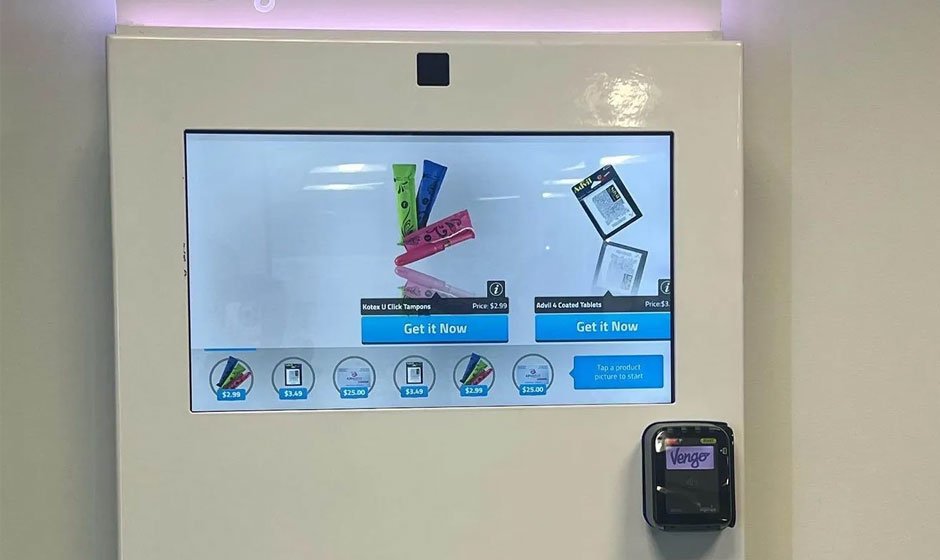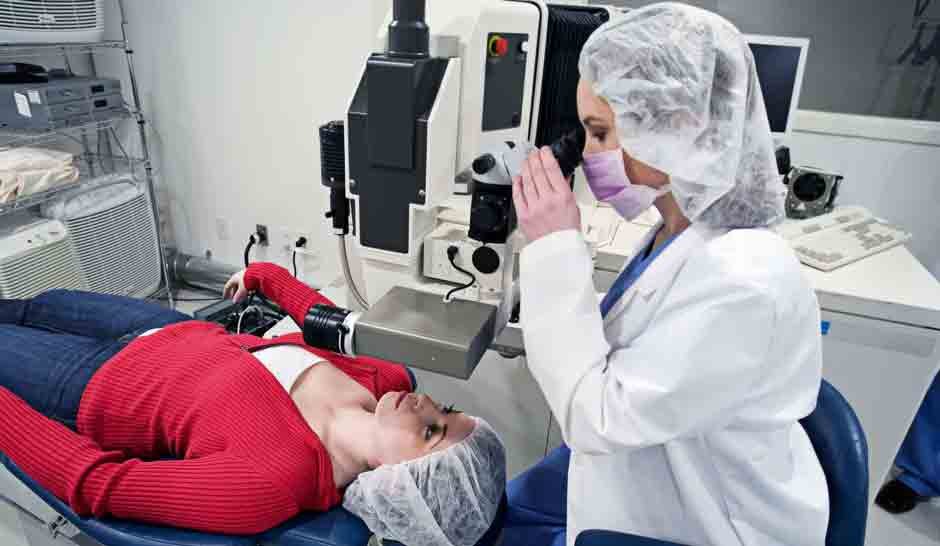Revolutionizing Reproductive Health: GWU Installs Emergency Contraception Vending Machine

In a progressive move to enhance accessibility to emergency contraception, George Washington University (GWU) has installed a vending machine offering morning-after pills on its campus in Washington, D.C. The initiative, led by students, aims to break down barriers surrounding reproductive health and make these essential resources readily available to the student body.
The Discreet Solution: Vending Machine in the Student Center Basement
Positioned discreetly in the basement of one of GWU’s student centers, the vending machine provides a private and convenient location for students to purchase emergency contraception pills. The machine, introduced as part of a student-led effort, is a testament to the university’s commitment to addressing the evolving needs of its diverse student population. Priced at $30, the vending machine also includes tampons and Advil, reinforcing the university’s holistic approach to student well-being.
National Trend: Emergency Contraception Vending Machines on Campuses
GWU joins the ranks of universities across the nation by becoming the 32nd to introduce an emergency contraception vending machine. According to Kelly Cleland, Executive Director for the American Society for Emergency Contraception, initiatives like these play a vital role in eliminating barriers to reproductive healthcare access.
Understanding Emergency Contraception
Emergency contraception, commonly known as the morning-after pill, serves as a preventive measure against pregnancy when taken shortly after sexual activity. Notably, this becomes increasingly relevant as abortion rights face restrictions in various parts of the country. Cleland emphasizes that having unimpeded access to emergency contraception is crucial in the current landscape where reproductive rights are under scrutiny.
Changing Landscape: Update on Emergency Contraceptive Pill Labels
Recent changes in the packaging labels of emergency contraceptive pills, such as Plan B, by the FDA have clarified their mechanism of action. The pills do not prevent a fertilized egg from implanting but rather prevent or delay the release of an egg from the ovaries. This distinction is essential in dispelling misconceptions and promoting accurate information about emergency contraception.
Student-Led Initiative: Neharika Rao’s Vision
The urgency to install the vending machine heightened after the landmark Supreme Court decision overturning Roe v. Wade. Neharika Rao, a sophomore at GWU, played a pivotal role in leading the effort. Rao emphasizes that the university’s health center already stocked emergency contraception, but limited operating hours posed challenges for students. The off-campus option, albeit available, was deterred by a hefty $50 price tag, coupled with transportation barriers.
Championing Destigmatization: Rao and Aiza Saeed’s Mission
Rao and Aiza Saeed, a senior involved in the initiative, conducted a survey involving approximately 1,500 students. The overwhelming support indicated a collective desire to break down the stigma surrounding contraception and reproductive rights. Rao asserts that defeating this stigma was a primary goal of the project.
Challenges and Opposition: Anti-Abortion Activists’ Concerns
While the installation of emergency contraception vending machines is a positive step forward, there are concerns from anti-abortion activists. Kelly Cleland notes that attempts to limit access to contraception have been ongoing, and the overturning of Roe v. Wade may intensify these efforts. Ensuring vigilance is crucial in safeguarding reproductive health rights.
Looking Ahead: Future Steps and Vision
Kelly Cleland expresses hope for more pharmacies to consistently stock emergency contraception pills, making them readily available without customers having to request them. The vision extends to the installation of similar vending machines in community centers, especially in rural areas. At GWU, Aiza Saeed outlines their focus on applying for grants to subsidize the cost of emergency contraception pills, emphasizing the ongoing work to enhance affordability and access.
Final Thoughts: The Ongoing Strive for Reproductive Rights
As the nation grapples with shifts in reproductive rights landscapes, the efforts at GWU serve as a beacon for other institutions. The journey towards comprehensive reproductive healthcare continues, and initiatives like these are crucial steps in ensuring that everybody has unimpeded access to the emergency contraception they need.



